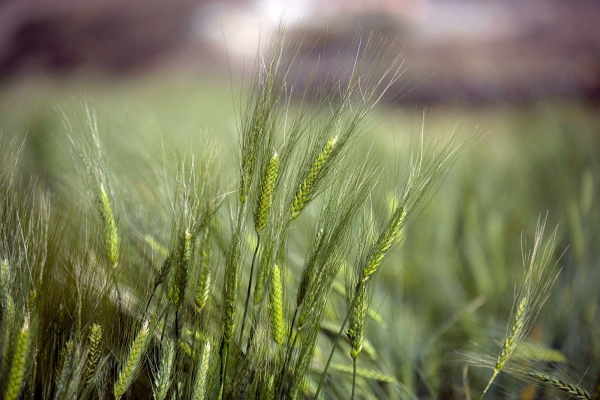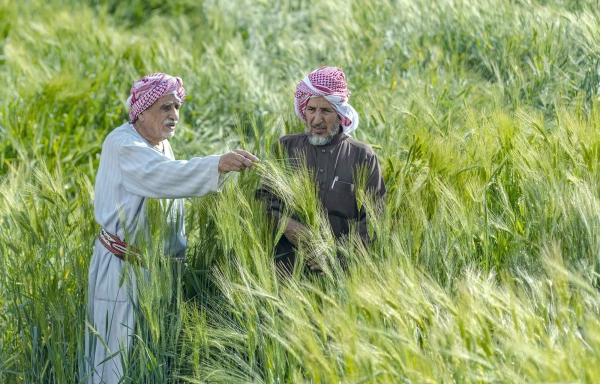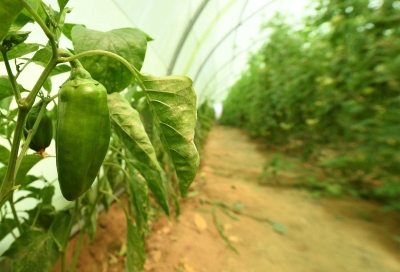


Yes, the Kingdom of Saudi Arabia produces wheat in quantities to meet part of its local demand. According to statistics from the General Food Security Authority for the 2023 local wheat procurement season, a net quantity of 1,187,658 t was supplied, representing a 121 percent increase from the previous season (2022), with a total value of SAR2 billion.
Qassim Province led the Kingdom in local wheat supply with a net quantity of 309,078 t, marking a 186 percent increase from the previous season. It was followed by al-Jawf Province with a net quantity of 231,617 t, an increase of 71 percent. Tabuk Province came next with a net quantity of 221,865 t, up by 41 percent, followed by the Hail Province with a net quantity of 204,298 t, a rise of 232 percent. Wadi ad-Dawasir supplied 89,733 t, an increase of 348 percent, while al-Kharj contributed 70,046 t, up by 71 percent. Riyadh supplied 56,390 t, with an increase of 337 percent, and finally, al-Ahsa provided 4,632 t, marking a 245 percent increase.
According to data from the "Mahsuli" platform, the total number of farmers who supplied wheat for the 2023 season reached 3,206 out of 3,732 farmers registered on the platform, an increase of 27 percent compared to the previous year, representing 86 percent of the total registered farmers. Among them, 2,910 were individual farmers, while 148 farmers were contracted with registered agricultural companies and supplied wheat.
Local wheat is one of the sources relied upon by the General Food Security Authority to meet the Kingdom's wheat needs and achieve local food security. This is in addition to quantities allocated to Saudi investors abroad and the global tenders issued by the authority, in which major qualified international grain trading companies compete. This approach aligns with the authority's strategy to diversify wheat procurement sources.
Related quizzes

